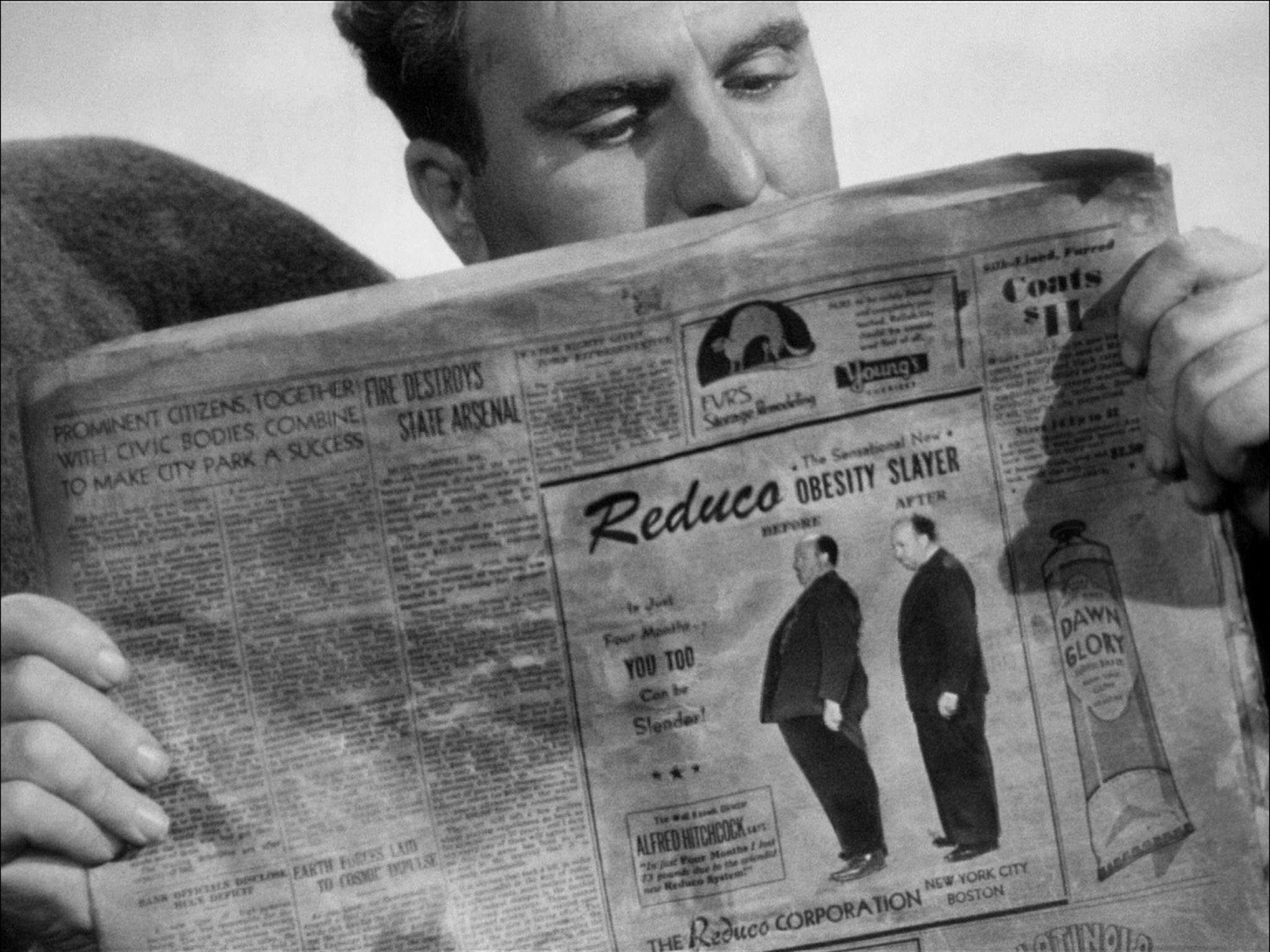Movies You Might Have Missed: Alfred Hitchcock's Lifeboat
During filming, the boat was placed in a large studio tank and, to aid naturalism, never left stationary – often making the cast seasick

In interviews promoting Phantom Thread, director Paul Thomas Anderson made no secret of the fact that his latest offering was inspired by Alfred Hitchcock’s Rebecca. While the adaptation of Daphne du Maurier’s novel is generally regarded as one of the finest films in the Hitchcock canon, Lifeboat (1944), released just a few years later, has proved far more divisive. Like Rear Window, Rope and the similarly underrated Dial M for Murder, Lifeboat is a limited-setting film that still manages to ratchet up the suspense throughout.
The director approached Ernest Hemingway about writing the story but the task eventually fell to author John Steinbeck, who’d enjoyed huge literary success with Of Mice and Men and The Grapes of Wrath. Like the farm at the heart of the action in Of Mice and Men, Lifeboat presents an array of characters in an enclosed space as a microcosm for civilisation as a whole. The action takes places entirely on the titular lifeboat following a naval attack during the Second World War. All human life is here, from the wealthy industrialist to the newspaper columnist. When a German survivor clambers aboard, debate rages as to whether they should show mercy on the enemy or leave him to drown. In 1944, the argument about whether or not to punch Nazis was a little less ambiguous than it sometimes seems today.
The most inspired moment in a perfectly plotted picture comes with the director’s trademark cameo. Since there are a distinct lack of passers-by in the middle of the ocean, Hitchcock appears as “before” and “after” photos in a newspaper advert for a fictional weight-loss product called “Reduco”. Audience members were so taken with the concept that they actually called the studio and wrote letters to Hitchcock asking where they could buy the drug.
This was a troubled production with shooting temporarily halted twice to allow actors to recover from illnesses sustained while filming. The boat was secured in a large studio tank and, to aid naturalism, the filmmaker insisted it was never stationary. Perhaps unsurprisingly, seasickness was a recurring problem for the cast, which included screen siren Tallulah Bankhead and William Bendix. Upon release, many critics felt the film was too sympathetic towards the German captain and it received a limited release. Advertising was reduced and it was a rare Hitchcock film that actually lost money at the box office. Steinbeck wanted his name removed from the credits and it is understandable given tensions were running high in 1944 but, with the benefit of hindsight, this claustrophobic gem is one of the master’s most underrated works.
Join our commenting forum
Join thought-provoking conversations, follow other Independent readers and see their replies
Comments
Bookmark popover
Removed from bookmarks